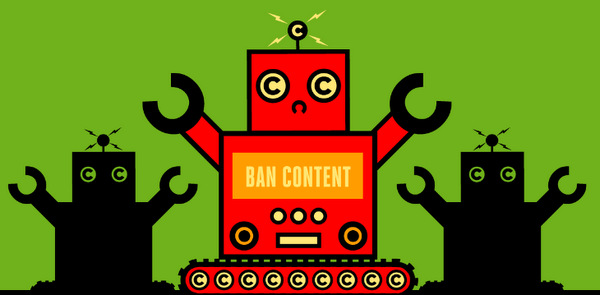The European Union Parliament has shot down proposed copyright reform which may have forced content aggregating platforms, like Google and Facebook, to license material hosted on its servers.
After 20 years without major amendments, the EU’s Directive of Copyright in the Digital Single Market was aimed at modernising the law for the digital age, particularly to address the disparity of revenue generated by rights holders and online platforms that host content.
Platforms like Google and Facebook earn squillions from users constantly feeding it content and keeping its audience engaged, and the EU seems to believe it’s time for rights holders to be remunerated.
The proposed reform is controversial, creating a divide strikingly similar to the copyright reform battle currently happening in Australia. Content creators and artists are up against tech giants like Google and Facebook.
Unlike Australia, which is headed toward loosening copyright, the EU Directive would severely tighten the law.
Article 13 in the Directive required online platforms to acquire licences for content such as music, images or text.
Platforms would need to ‘take measures to ensure the functioning of agreements concluded with rights holders for the use of their works or other subject-matter or to prevent the availability on their services of works or other subject-matter identified by rights holders through the cooperation with the service providers’.
Seems reasonable. (A bit of punctuation wouldn’t go astray, though!)
Debate centred on the need for an advanced filter system to identify if users are uploading protected work. The filter would prevent users from uploading illegal content – material that contains copyrighted material without a licence.
While this would go above and beyond in protecting the intellectual property of creators, there’s emotionally-charged opposition against the new rule claiming it would also inhibit free speech.
The double-barrelled argument against Article 13 is that such advanced filtering software doesn’t exist, and it’s unfair to expect a platform like Facebook to enforce a strict censorship system on users.
Nilüfer Demir’s 2015 viral image of Syrian boy, Alan Kurdi, which highlight the European refugee crisis and swayed public opinion, may have been blocked by the filter, according to the opponents.
It’s worth noting the organisation projecting this free speech argument is the Electronic Frontiers Foundation, a powerful lobby group funded by tech giants such as Google. They labelled Australian ‘content industries’ Doomsday prophets for being concerned about a US-style Fair Use exception to copyright law. So take the ‘free speech’ argument with a pinch of salt.
Current law in the EU, and likely elsewhere, doesn’t directly hold platforms accountable for the copyright infringement of users. According to the BBC, there’s a system of notice-and-take down, which requires platforms to remove copyright material once alerted of the alleged infringement.
Article 13 placed significantly more responsibility on the platform to police what is being uploaded, to ultimately change users’ behaviours and encourage them to license work from creators.
Musicians like Paul McCartney and Annie Lennox, along with the British Phonographic Industry group supported the law, argued that platforms like YouTube earned ridiculous amounts through ad revenue by hosting their work.
The EU copyright proposals will go back to the Commission, with more heated debate expected to follow.


